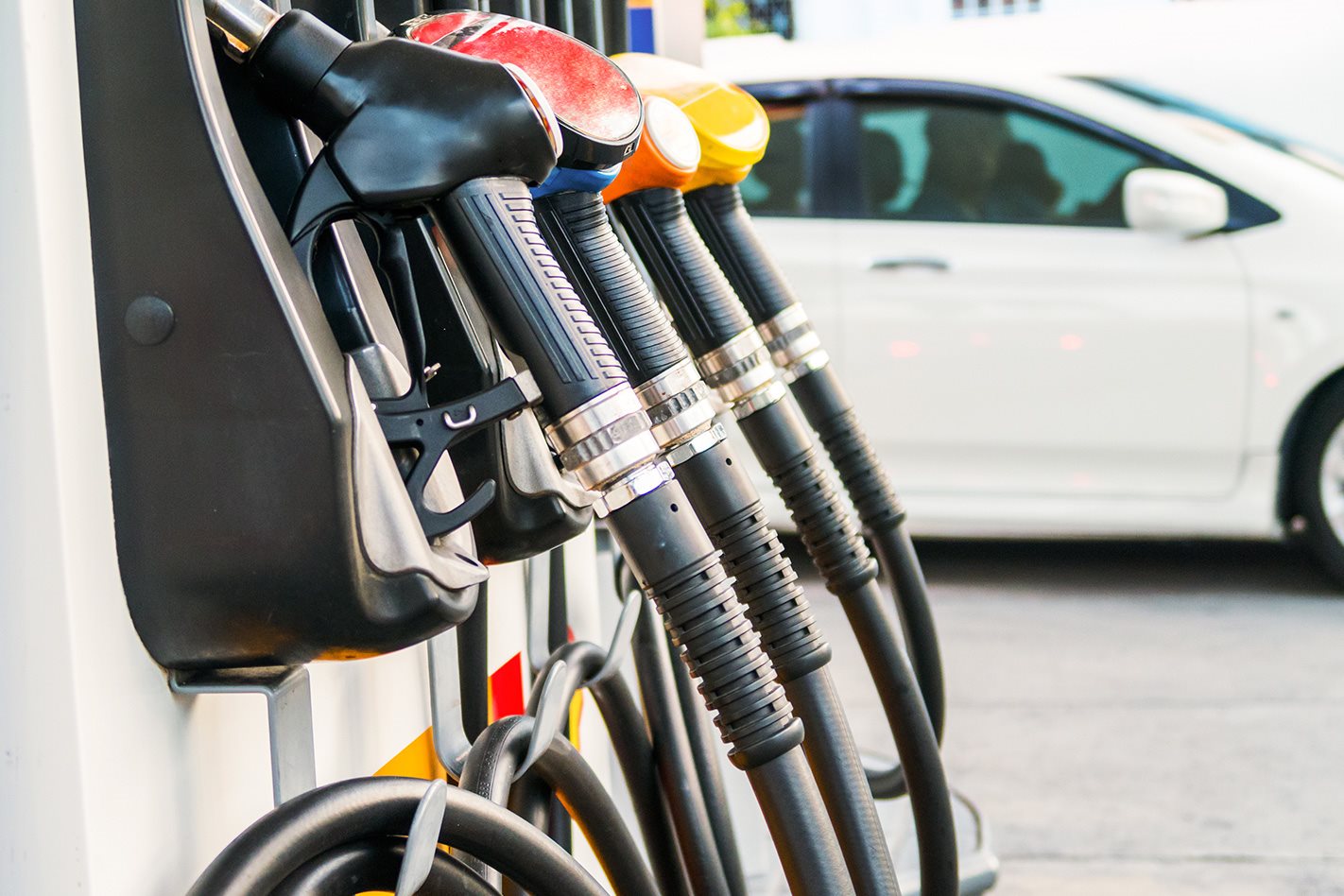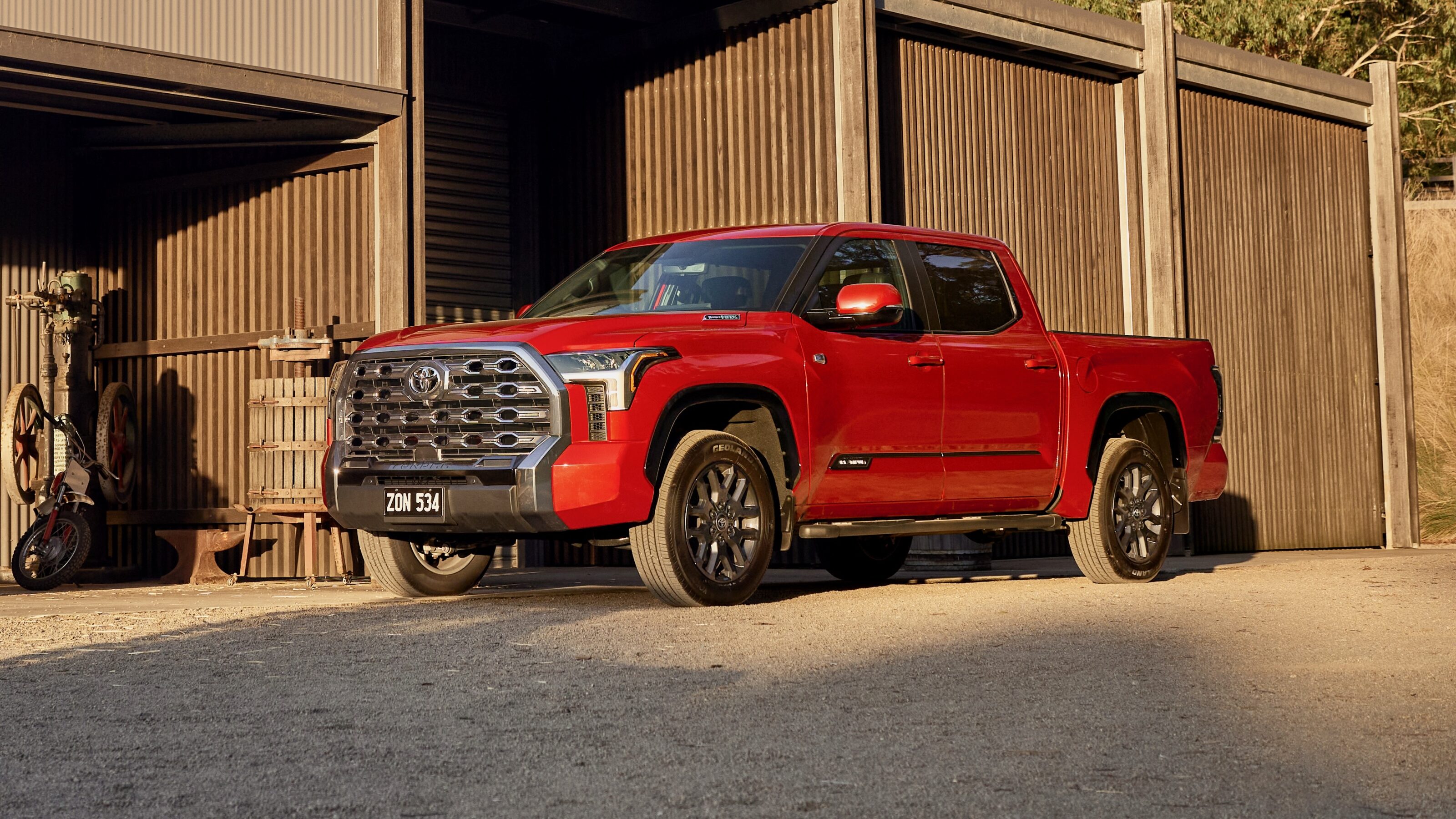Snapshot
- Fuel excise temporarily cut
- Tax reduced by 22 cents per litre
- Change to last six months
The Federal Government has cut the fuel excise in Australia by 22 per cents a litre for six months as part of a bid to reduce the cost of living the wake of rising prices at the bowser.
Treasurer Josh Frydenberg made the announcement tonight as part of the coalition’s fourth budget, alongside a raft of other measures aimed at easing increasing financial pressures on Australian households.
Delivering the budget, the Treasurer said the fuel tax would be cut in half as of midnight tonight, but would likely take around two weeks to be felt at the bowser.
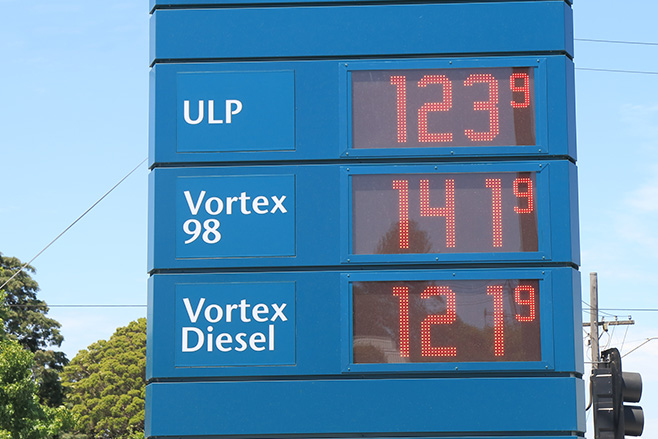
“We are cutting the fuel excise in half for the next six months so Australians can save 22 cents per litre every time they fill up,” Frydenberg said.
“A family with two cars who fill up once a week could save $30 a week or $700 over the next six months. Whether that’s dropping the kids at school, driving to and from work or visiting family and friends – it will cost less.
“This cut in fuel excise will take effect from midnight tonight and will flow through to the bowser over the next two weeks. The competition watchdog will make sure these savings are passed on in full. This temporary reduction will not come at the cost of road funding which will see more than $9.1 billion spent in the coming year.”
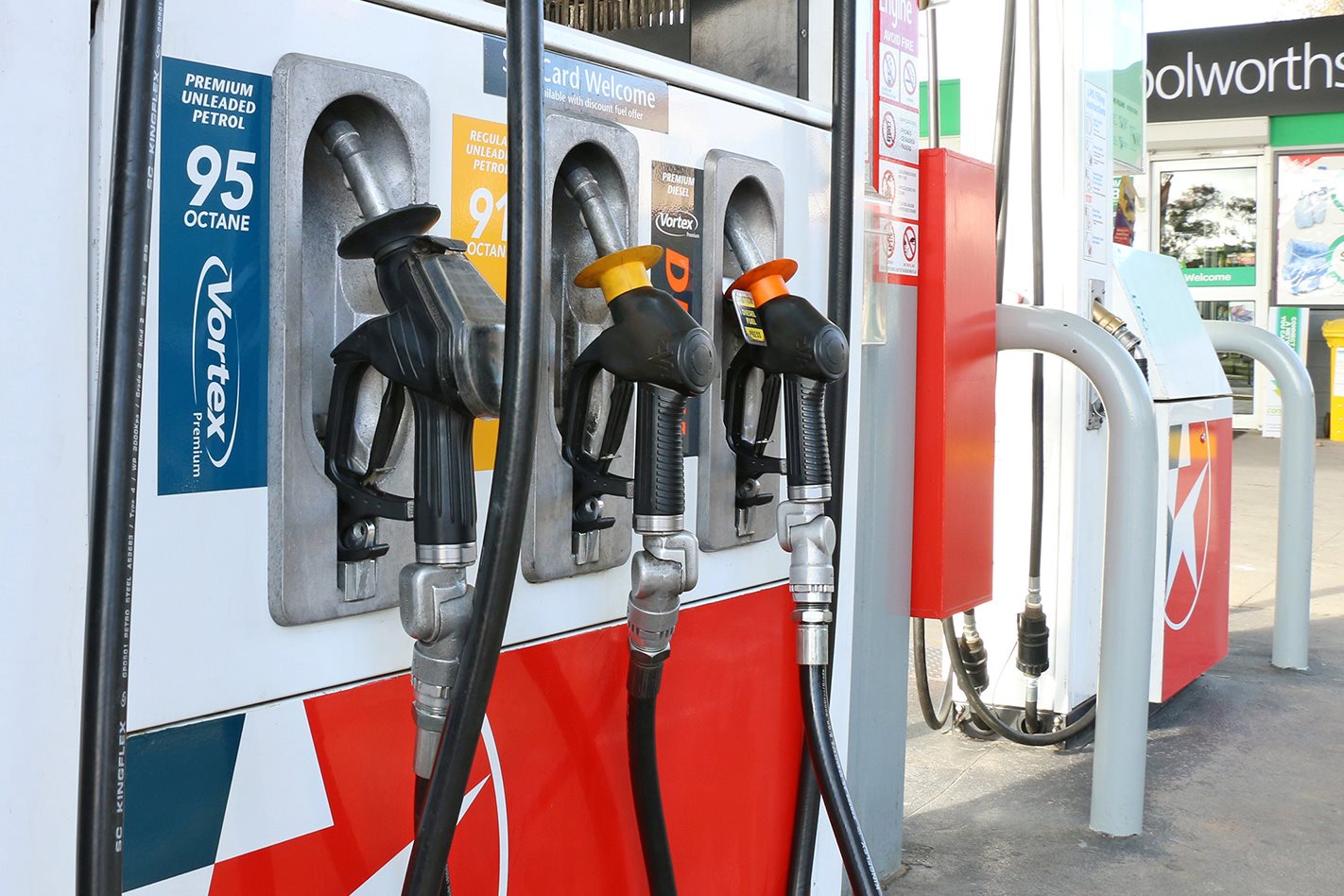
Currently, motorists pay 44.2 cents in tax for every litre of fuel they buy.
The news comes as fuel prices hit highs of more than $2 per litre across the country, though some relief has been seen in recent days dropping to just under that figure.
It is understood the tax cut will come at a cost of $3 billion to Government coffers.
In an earlier interview with the ABC, Frydenberg said high oil prices were a big contributor to the cost of living.
“Fuel prices have skyrocketed, and of course for many families this (using a car) is not a choice,” he told the broadcaster.
“They need their car to get to and from work. They get into their car to drop their kids at school.
“These are costs that families are incurring and of course it’s putting real pressure on their household budget.
“International factors are driving the higher inflation rates. That’s the higher fuel costs, obviously exacerbated by the situation in Ukraine, that’s the higher food costs — and particularly wheat — that we’re seeing as a result of developments in Europe.”
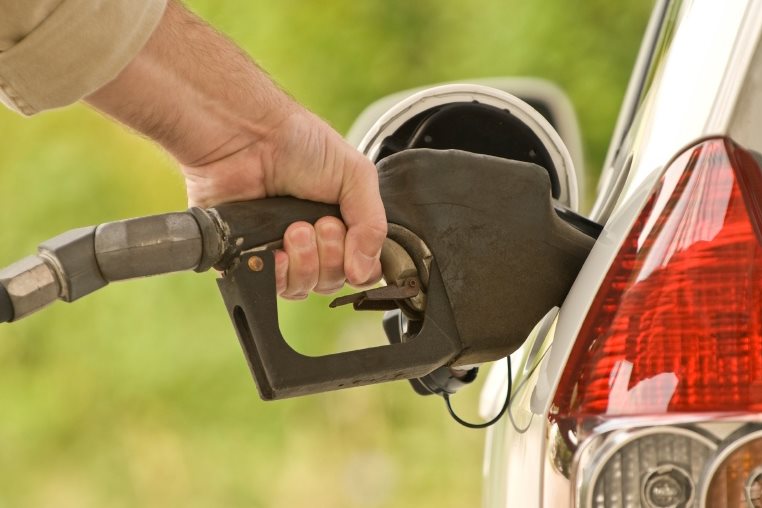
The Australian Automobile Association (AAA) said it welcomed the Government’s commitment to spend $9.1bn on roads in the coming year, but was disappointed there wasn’t more outlined in the Budget to address road safety and said the fuel excise cut “generates more problems than it solves”.
“The decision to booby-trap the Commonwealth Budget with a 22.1cpl fuel excise cut for the next six months will fix neither Australia’s transport tax problems, nor the factors driving up petrol prices. The AAA notes the change may possibly offer some short-term relief for motorists in a volatile global fuel market, but believes it generates more medium-term challenges than it solves,” the AAA said.
“The immediate problem is that there is no guarantee that this tax cut will be passed on to motorists, as the international experience shows similar measures have delivered fuel retailer profits, rather than price drops for consumers.
“Motorists deserve to know how the Government will police this tax cut and ensure it’s not simply swallowed by fuel retailers, as the experience overseas is that retailers are pocketing the profits and motorists continue to miss out.”
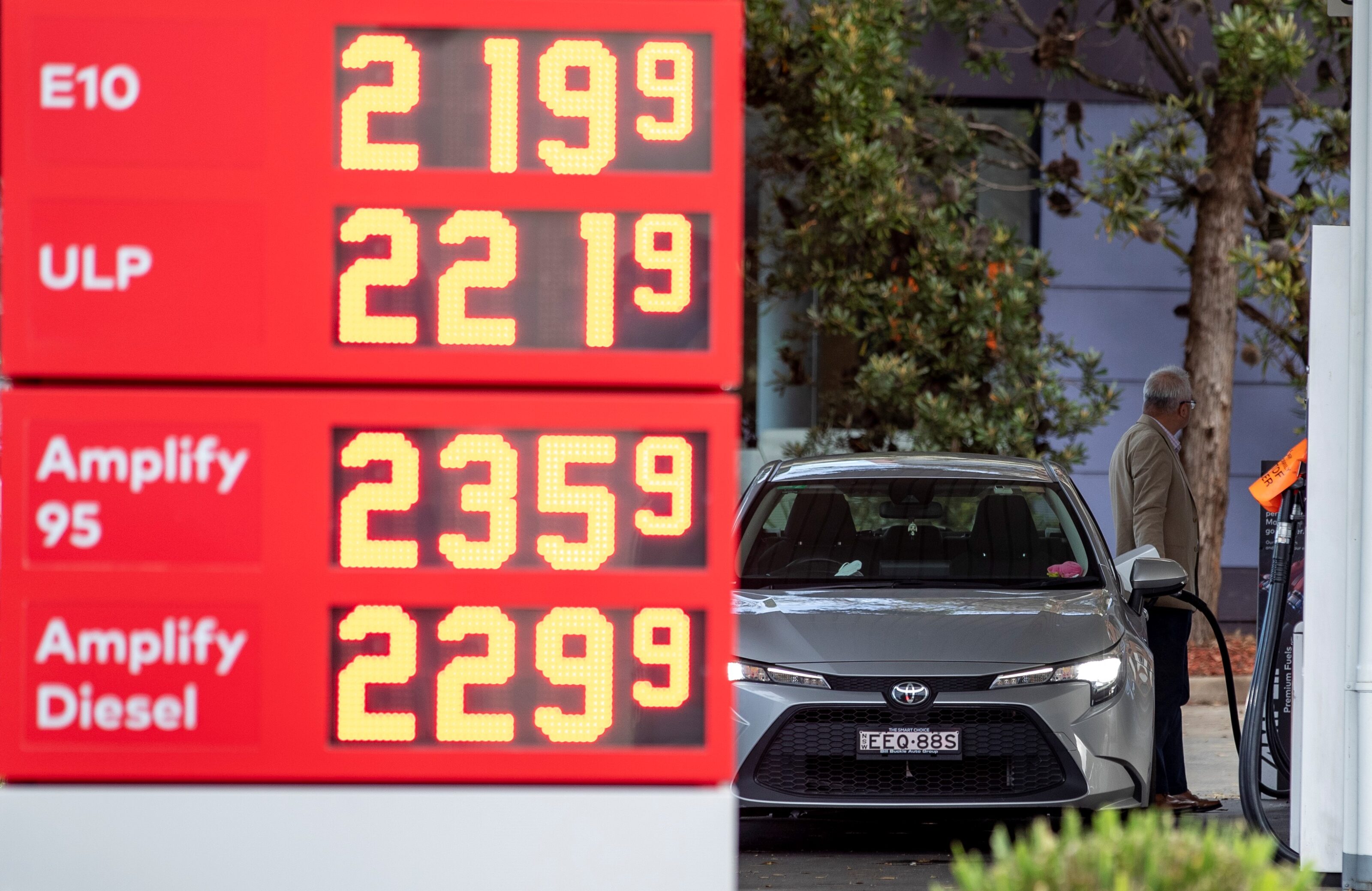
Last week the automotive industry’s peak body, the Federal Chamber for Automotive Industries (FCAI), however, reignited calls for the fuel excise to be scrapped entirely and replaced with a pay-per-kilometre road-user charging system in the wake of prices rocketing at the bowser.
The FCAI believes now is the perfect time for politicians in Australia to be replacing what it calls “ineffective and antiquated taxes on Australian motorists” with a broad-based road-user charge scheme.
FCAI Chief Executive Tony Weber said national tax reform is desperately needed and now is the time to do it.
“State and territory governments are beginning to adapt to the changing nature of mobility in Australia, including the rise of electric vehicles that do not pay fuel excise. Applying this more broadly and scrapping taxes like fuel excise and the luxury car tax will ensure that all motorists are paying an equitable amount to use Australia’s road network,” Weber said.
“Our view is that governments can take this further and apply a road user charge to all vehicles, regardless of their engine type.
“Australians want a future that can provide clarity, simplicity, fairness and value to their wallet. There is no better time than now to bring this future into reality.”
“Tinkering with fuel excise ignores the fact this tax is already past its used-by date. The AAA is far from the only observer to note it is no longer fair or sustainable to have Australia’s notional ‘road user charge’ based on the consumption of petrol and diesel, given we live in an era of rapid electrification and fuel efficiency gains,” added AAA Managing Director Michael Bradley.
“Rather than offering an election sweetener, the Government should be addressing the urgent need to replace excise with a national transport tax system fit for the 21st Century.”
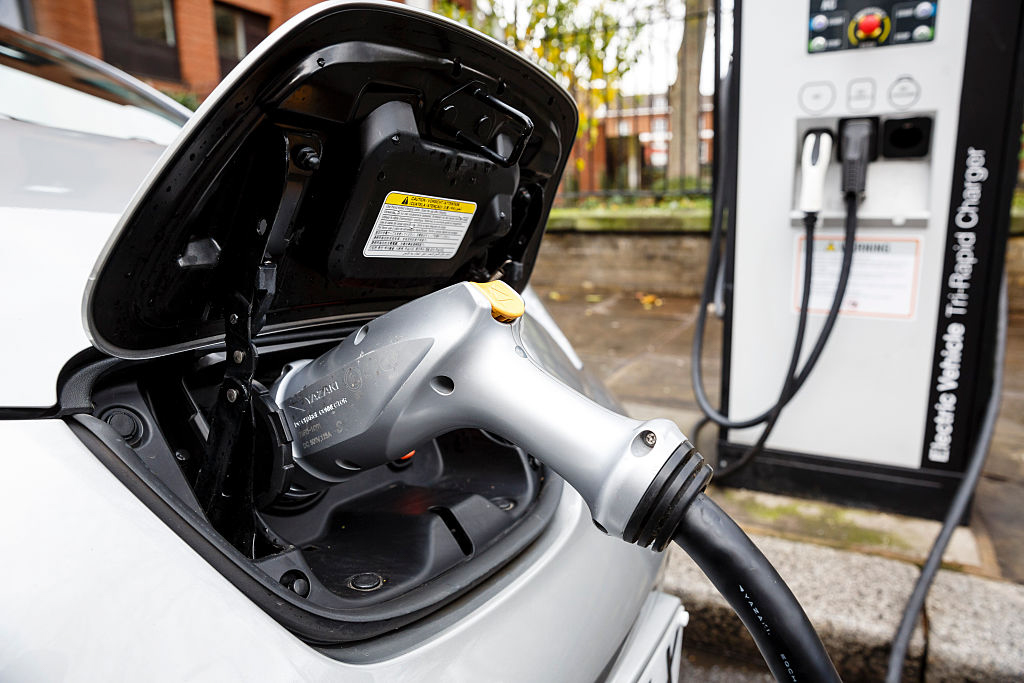
As fuel prices hit new highs in recent weeks, more people have been turning towards electric vehicles – with many organisations and carmakers reporting a surge in demand as a result.
The used car market has gone wild over the past two years, thanks to crippling supply shortages for new vehicle manufacturers which have resulted in long delivery delays.
However, this factor combined with the recent skyrocket in fuel prices to an average of $2.12 per litre for regular unleaded, has resulted in a surge of demand for electric vehicles – especially pre-owned models.
Australian auction house Lloyds has reported a significant spike in interest for used electric vehicles, with many cars going over the block selling for more than they were new due to the considerable demand.
We recommend
-
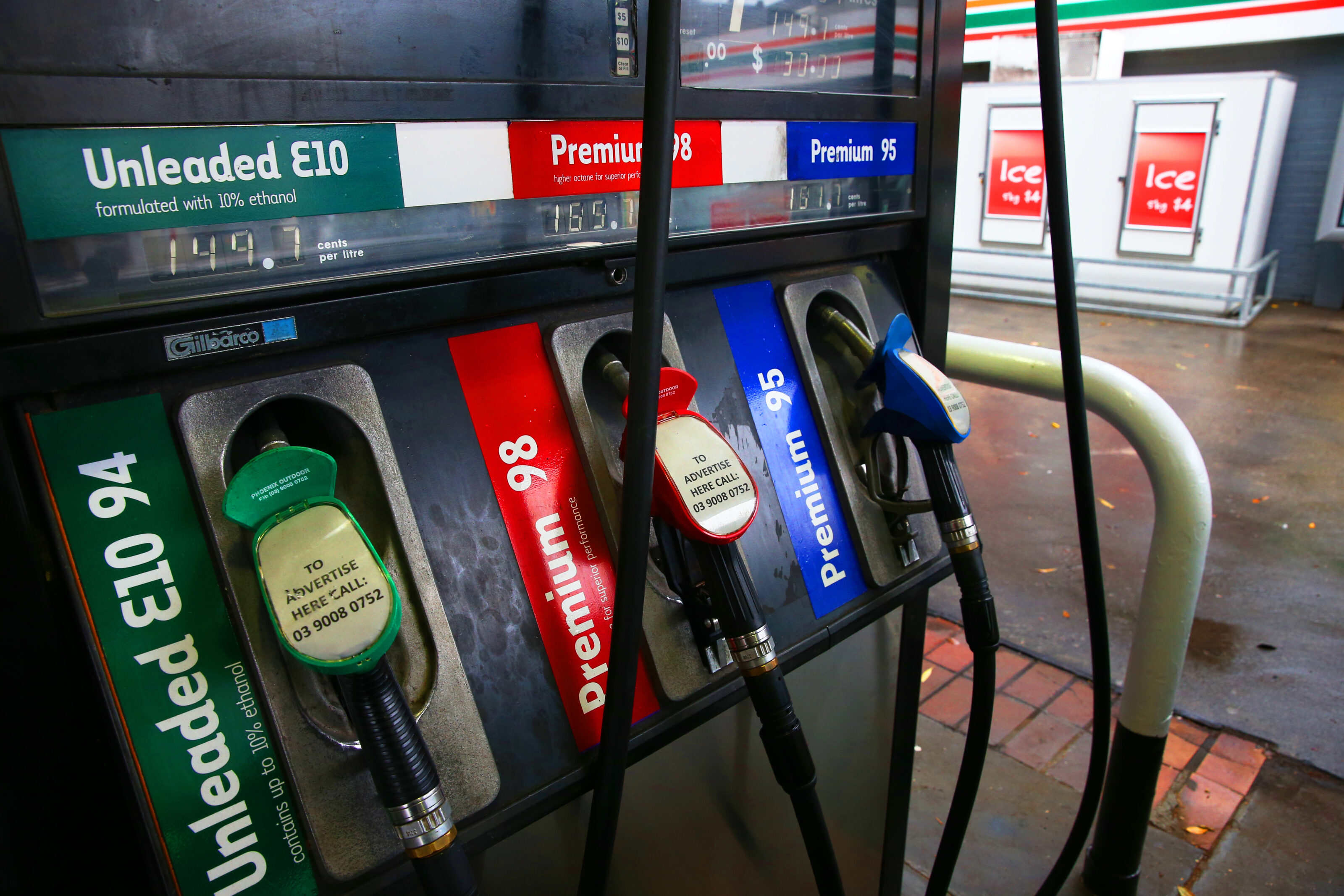 Advice
AdviceCan I use E10 fuel in my car? What you need to know about Ethanol
With fuel prices peaking of late, is this cheaper petrol alternative right for your car?
-
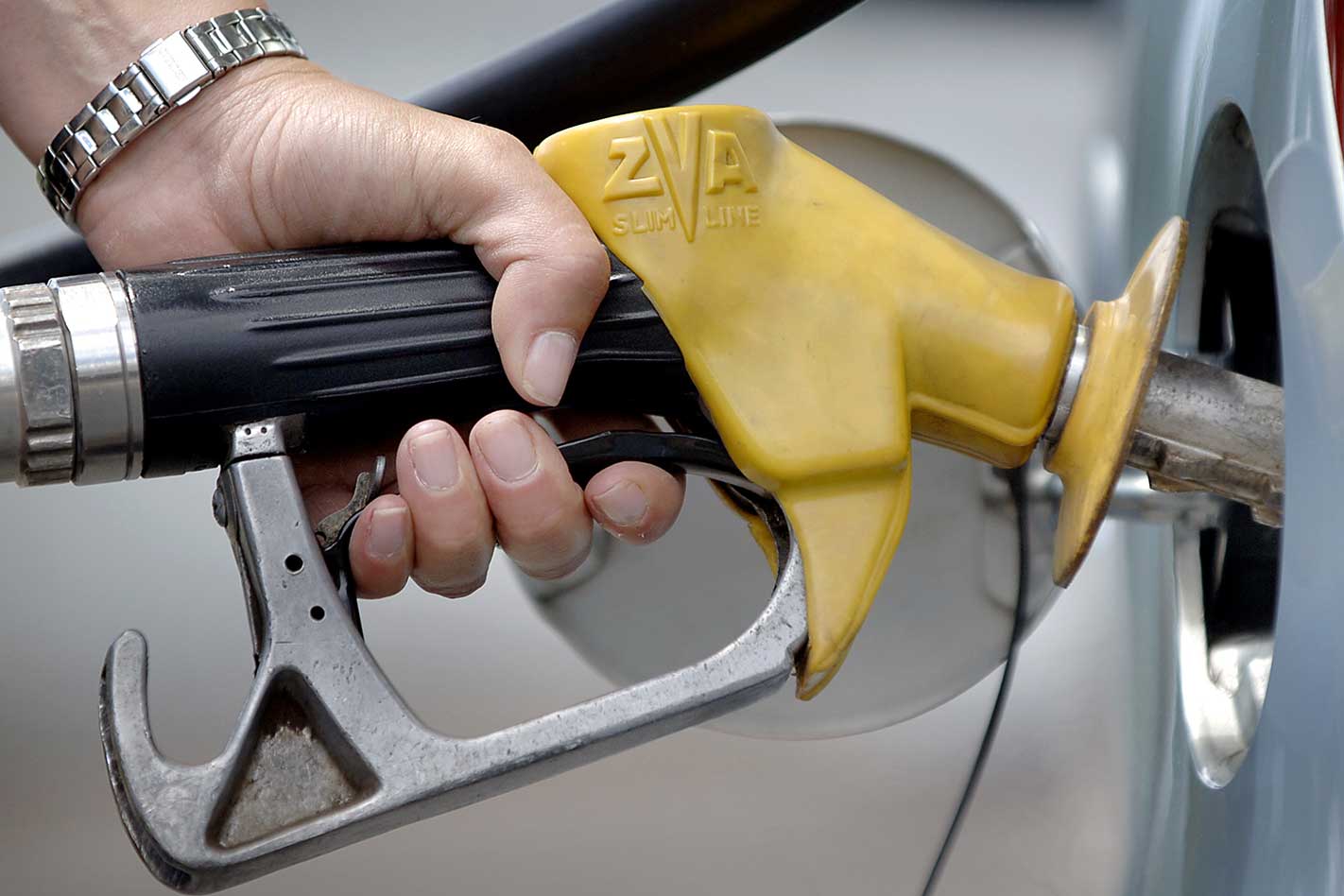 News
NewsAustralian average fuel prices hit all-time high
We're not far away from passing 180 cents per litre
-
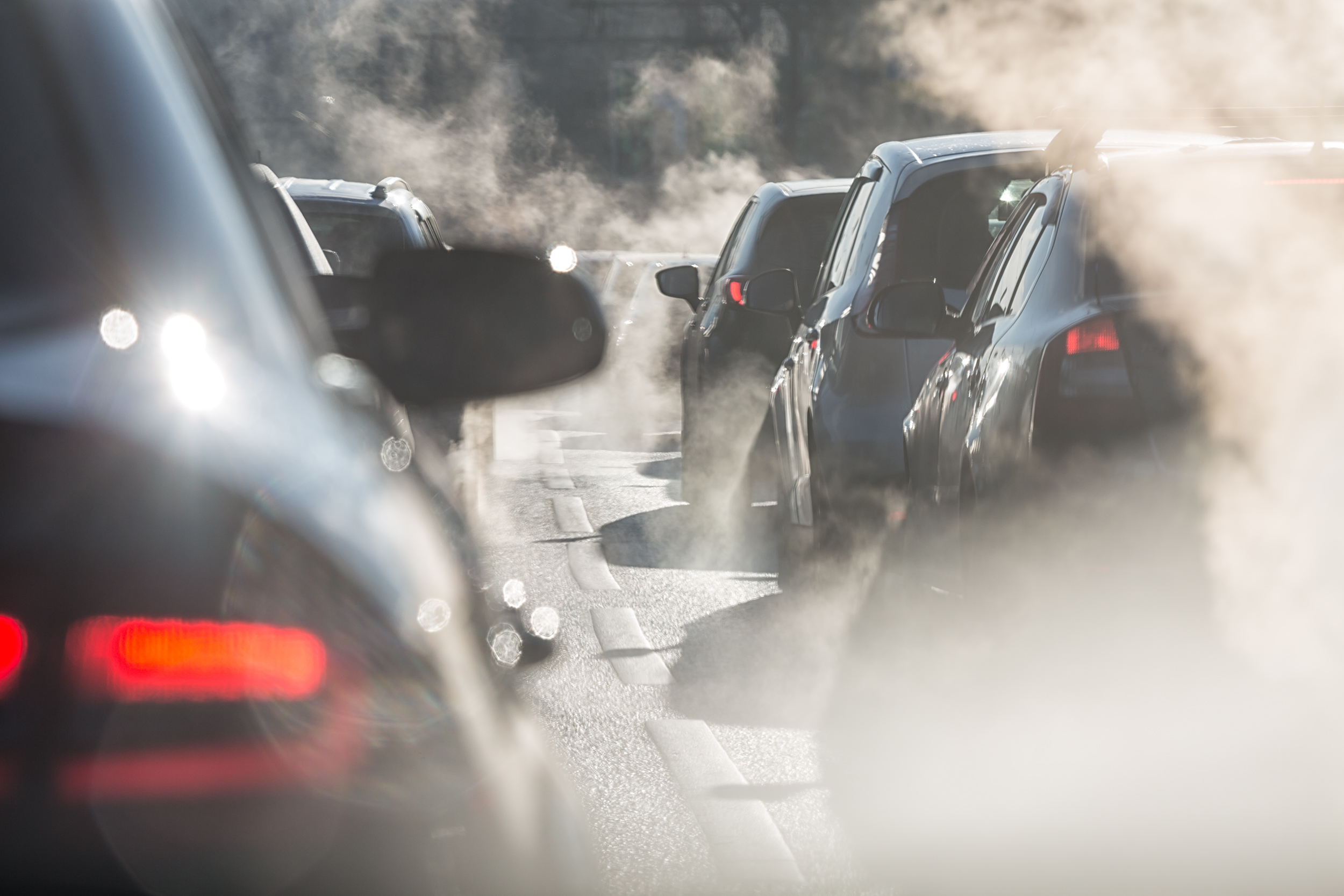 News
NewsNew vehicle emissions drop as peak bodies call for Government mandates
A small reduction in emissions year-on-year has been met with calls for greater action from the top


